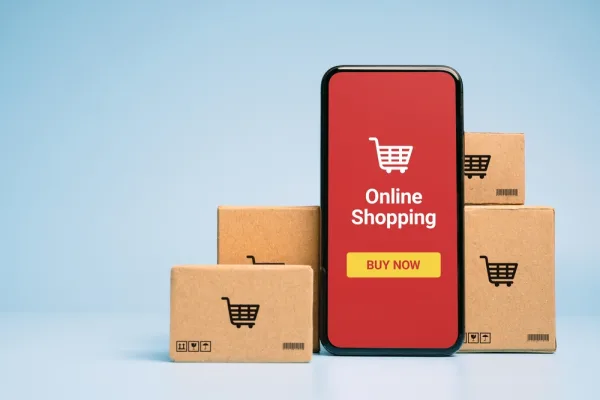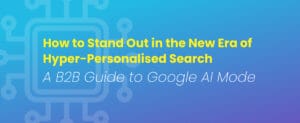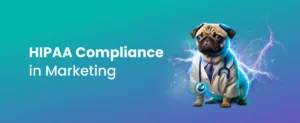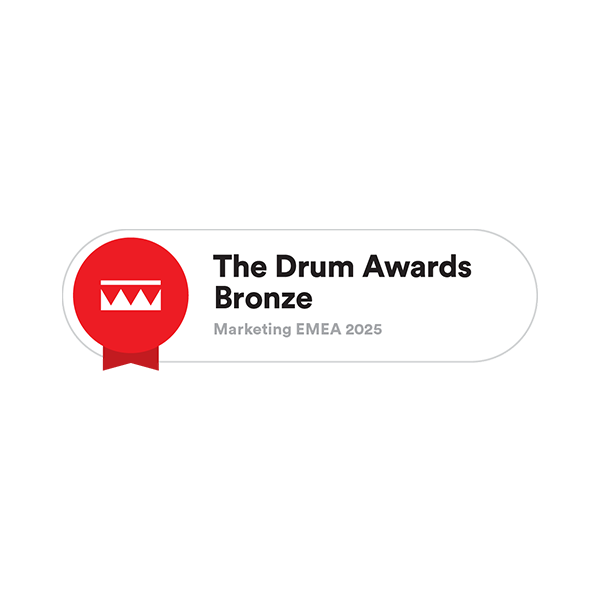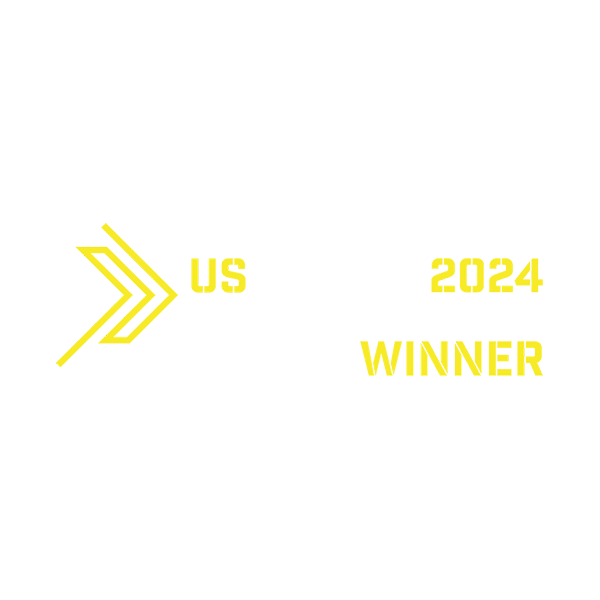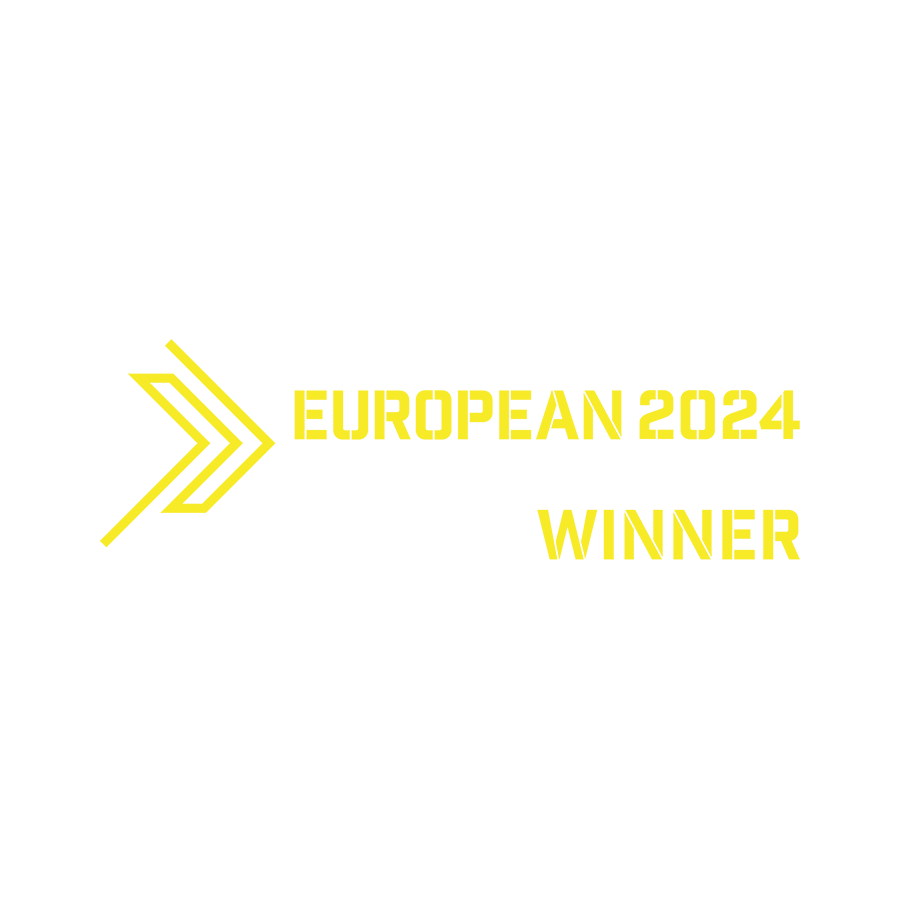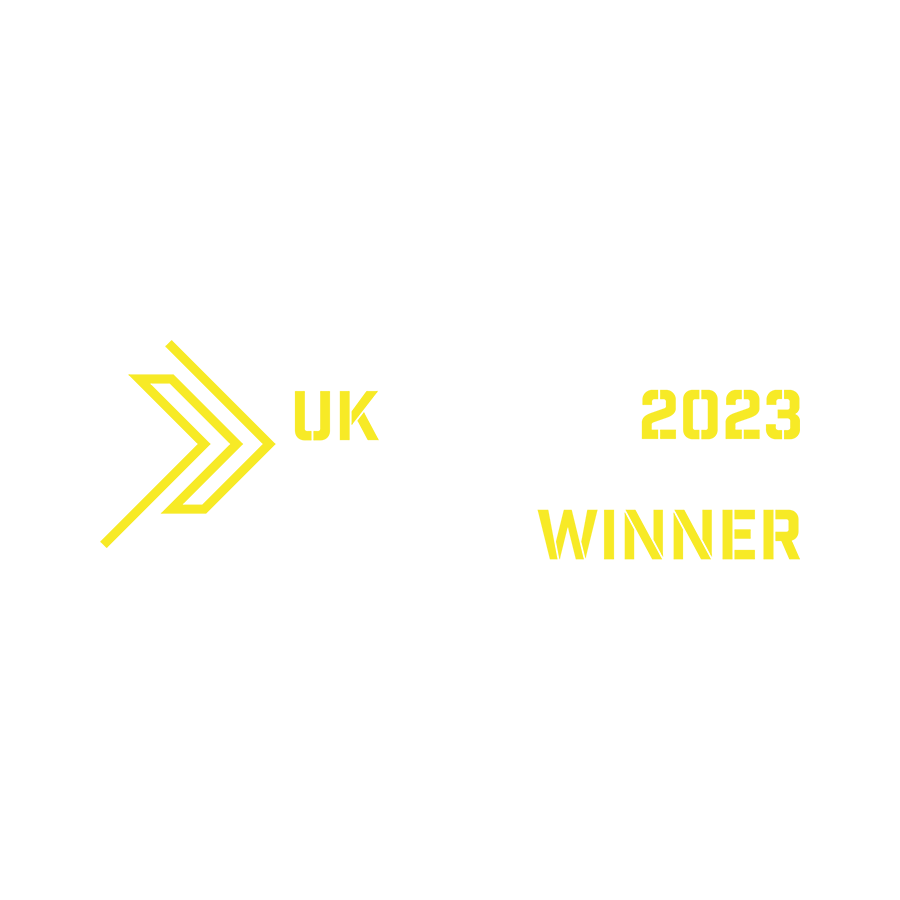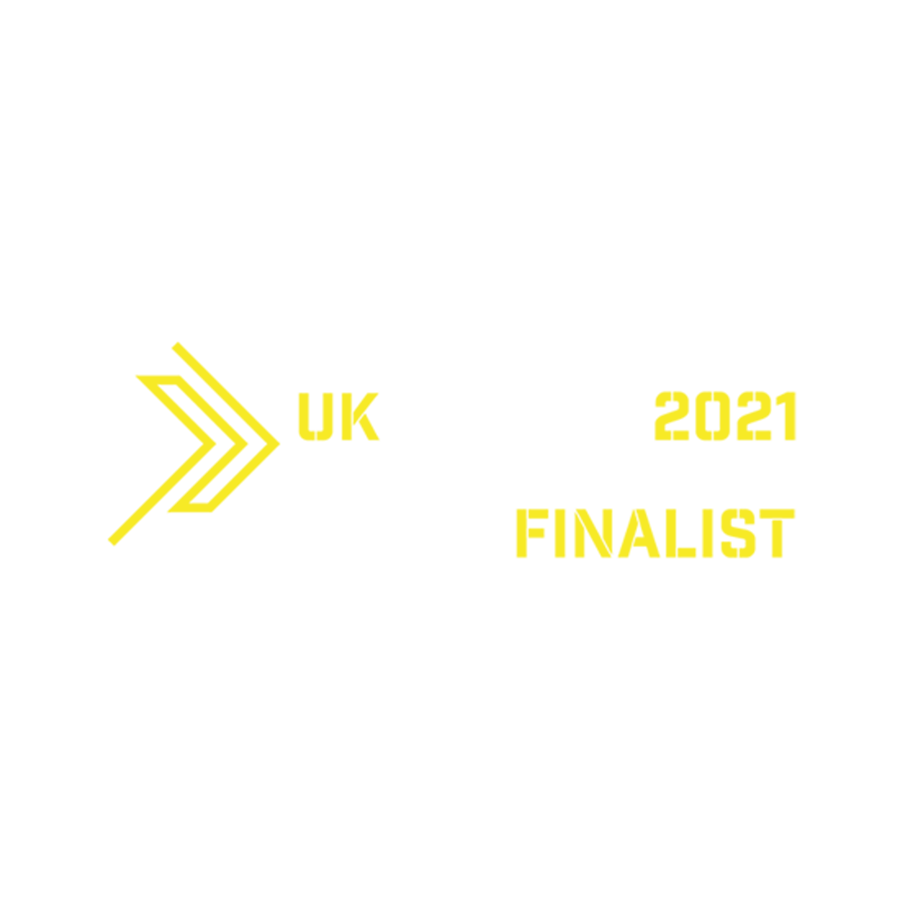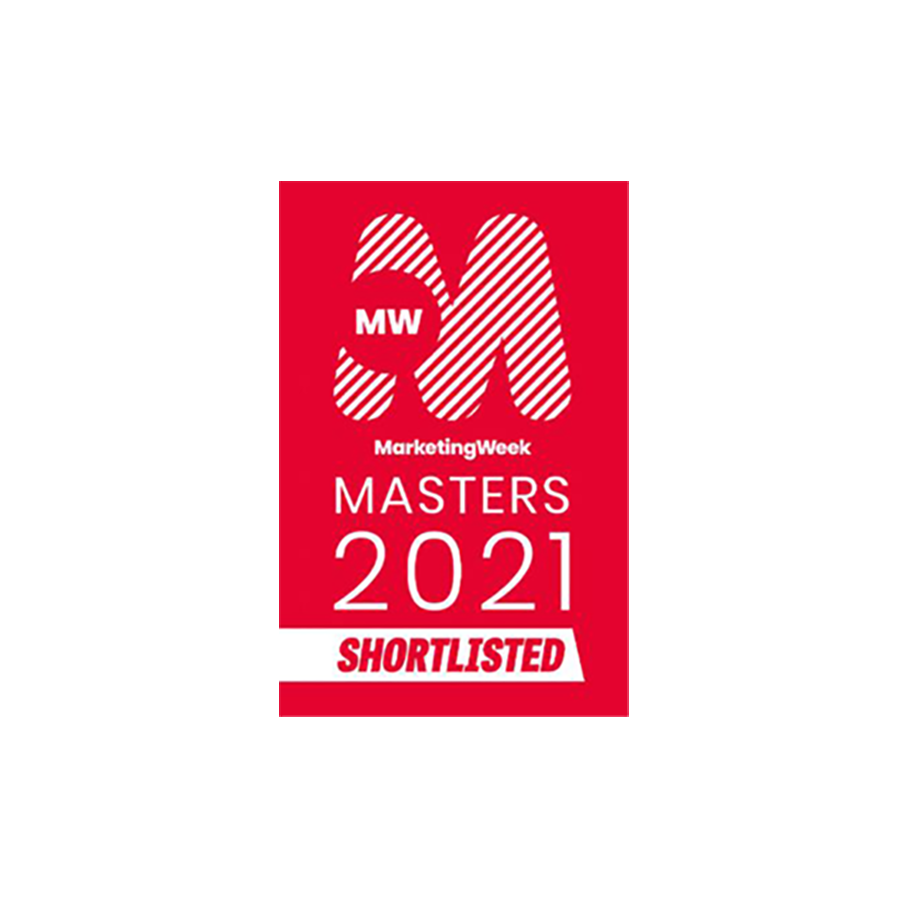Easter has been the first significant holiday where according to the British Retail Consortium (BRC), e-commerce sales have gone up by more than 10% thanks to the school and public holiday. Online sales of non-food products grew by 10.3% during the month, so it wasn’t just about chocolate eggs!
With the cost of living squeeze, product and service sales, promotions and discounts are plentiful and in these challenging times, these are likely to continue.
Of course the success of any e-commerce business is reliant on building an on-going stream of customers, ready to buy products or services from your online store. And now consumer behaviour is changing, all businesses need to be able to adapt to optimise their relevance and visibility.
Successful e-commerce is incredibly data-driven so a data-driven advertising tool such as pay-per-click (PPC) is a powerful lever and should be an essential part of your digital marketing strategy. Activating a smart PPC strategy to increase business visibility is a must during this highly competitive period.
So, what is pay per click advertising?
Paid search is a marketing tactic in which businesses pay search engines for advertising placement on SERPs (search engine results pages). Paid search works on a pay-per-click model, meaning that until someone clicks on your ad, you don’t pay. The business only pays when ads are clicked and the process of effective PPC is often managed by an expert PPC agency.
The cost of the click is determined by auction. Advertisers bid on the perceived value of a click in relation to the keywords, platforms, and audience type which are established in the campaign design.
What is PPC Used For?
Paid search advertising can be a valuable digital marketing tactic for all businesses. Engaging PPC services helps drive more traffic to your site via the search engines and helps ensure that the traffic is relevant. There are many benefits of paid search advertising for all businesses. Perhaps the most important is visible and measurable results.
Visible & measurable results
One key benefit of paid search advertising is that it provides insightful results. You can clearly measure and analyse every aspect of your PPC ad campaign including the number of clicks, the cost per click, which keywords are working and how many sales are coming from these clicks.
Making sense of this data is an area that an expert PPC agency is super skilled at. This helps make better use of your ad budget and find ways to improve your pay per click results over time.
Whilst PPC advertising is most associated with search ads on Google, PPC ads can be deployed on key consumer social media platforms, in particular Facebook. They can also be designed and placed to target potential customers in search results as they browse websites. This is typically done using Google Display Network (GDN) – a network of millions of websites, news pages, blogs, and Google sites like Gmail and YouTube as well as Apps that agree to show Google text, image and video ads.
For a B2B e-commerce operation, PPC advertising effectiveness can also be enhanced by utilising LinkedIn to reach niche audiences with compelling and targeted messages that increase conversion rates.
Across all platforms the main formats are text ads, image ads and video ads and using a combination in different places and at different stages of the conversion process can help to reach your campaign goals.
The importance of relevance
PPC campaigns are centred on relevance. E-commerce business is highly dynamic with surges or lulls in demand driven by internal and external factors, some planned for, many unpredictable.
A sudden heat wave can push demand for outdoor furniture, BBQs and ice creams sky-high or your supplier might call to say that all your replacement stock is stuck at a customs border and can no longer meet your guaranteed next-day delivery promise.
Using a PPC agency means you can better manage such factors by immediately adapting your ad content, frequency or targeting.
Expert PPC services will ensure you achieve optimal ROI with the added benefit of protecting your brand reputation and reducing the risk of customer dissatisfaction in light of factors outside of your control.
How to use PPC campaigns
Generating leads and maximising conversion rates are the two best-known benefits of PPC – these are centred on placing search ads where potential customers are already searching for your product or service, using one of our earlier examples the search term might be ‘buy ice cream’.
However, PPC campaigns can also help promote your brand and create product awareness and demand by placing ads aligned with other online behaviour e.g. searches for ‘ how to keep cool in a heat wave’ or ‘best fridge/freezers’.
Utilising PPC display ads can also help generate demand – these ads are shown within a site’s content and don’t utilise traditional keyword based targeting but rather audiences and demographics. An ad might be placed on a site selling fridge freezers, and also displayed to audience groups known to be interested in buying ice cream whilst they are browsing other, non-related items.
Additionally, PPC advertising is an excellent way to encourage website users to download the app version of your e-commerce site, making it easier for them to browse and buy on the go.
Be clear on goals and measurement
With any digital marketing campaign you must have a clear vision of what success looks like. It will depend in part on what type of e-commerce model you are running e.g. drop shopping, reselling, white labelling, manufacturing, digital products, handmade products.
Other factors include the competitive landscape, price elasticity, and of course your target audiences and what stage of the buying process they are at or how they behave. For example, are you targeting curious browsers who might need to be convinced about your brand or services? Or perhaps this is about potential customers requiring more information about how your product works or even returning, ‘buy again’ customers, impatient to do so as quickly as possible. Or simply just bargain hunters.
Increasing e-commerce sales
The versatility of PPC advertising can cater for all business variations. PPC is most used for increasing sales, generating leads and optimising conversion rates but promoting brand or product awareness are also viable goals.
Success can only be measured against clear targets. PPC campaigns are all about data which means your campaign report could include over 30 different metrics.
Typically you or your PPC agency might start with:
- Clicks – how many users clicked on your ad?
- Click-Through-Rate – the number of clicks against the number of times the ad was viewed. This will let you know how relevant the ad is and so how likely you are to convert the sale
- Conversion Rate – how did the ad assist in closing sales?
- Cost Per Click and Average Cost Per Click –is your campaign spend optimised?
Be focused
Just as in a physical store, good customer service includes suggesting the most relevant item based on a conversation with the potential customer. A PPC campaign ad can also be just as relevant with an opportunity to connect with many more people globally.
Knowing which product to advertise with which price or offer is driven by the data and ongoing results. Ice cream flavours? Basic, standard or luxury? 30 or 60-day trial? Buy now /find out more /10% discount/limited offer for today only? This is where a PPC expert will really make the difference.
A personalised ad can be served immediately when a potential customer searches for something. For example, a search for ‘vanilla ice cream’ can generate an ad showcasing your best-selling vanilla ice cream tub. And previous behaviour data for this type of audience can ensure the ad has a ‘today only’ offer for ‘10% off’ message as this is proven to drive highest conversion rates.
Data analysis of potential and actual buyer journeys can also inform the frequency and timing of ads, which page to click through to and retargeting for completing sales or repurchase. This can be facilitated by by PPC agency or by linking your Google Ads account to your Google Analytics accounts to provide information on post-click behaviour.
Google’s dynamic re-marketing campaigns can show customers personalised content (including ads of products that they’ve viewed on your website or app) from a product feed that you control and attach to your campaign.
Where to start?
The starting point for any PPC campaign is understanding your audience and matching this insight to the identification of appropriate keywords. A PPC agency is able to provide in-depth research that is required to find the keywords related to your products or services and the industry that you operate in.
Add to this ‘long-tailed keywords’ which are phrases typically 3 to 5 words long that are more granular in detail which increases their relevance.
Finally ‘negative keywords’ need adding to the list, words you know that your potential buyers won’t be searching for so you don’t waste valuable marketing spend on bidding for them.
Make sure you are ready!
Imagine a traditional advertising campaign so successful that customers are flooding through retail store doors, only to find that stock has sold out or has not been delivered and that no-one is around to give assistance.
For your e-commerce PPC campaign, you need to ensure that once turned on, potential customers clicking through to your site have an excellent shopping experience so that you have a chance to convert, up-sell and secure repeat business. Your PPC agency will be able to perform ongoing site reviews that are critical to success, including analysis of journeys, dwell times and dropout rates.
Your support services also need to be prepared:
- Is your ‘Live Chat’ function staffed to meet potential peaks in demand?
- Are FAQs and product demos up to date?
- Have you pre-written your ‘out of stock’ or ‘delivery delays’ ‘best seller’ messages?
- If you sell out of the product featured in the page header image are you ready to swap it out for something in stock?
- If your B2B offering includes a free 1-1 session with an expert is there enough capacity to support an uplift in demand?
Which platforms are best for a PPC campaign?
This answer will always be driven by your marketing strategy and campaign goals, but most campaigns will start with Google Ads to target potential users already searching for your product via text ads.
This can be supplemented by Google Shopping – which allows users to browse a range of products based on their search query. Results show up as thumbnail images that display each product’s retailer and price and when clicked on, link to the retailer’s site.
Google Display Network presents image ads to potential users as they browse the internet which can help create demand higher up the purchase funnel.
With over 2 billion people worldwide connected to a business on Facebook, it should also be a key part of any PPC campaign.
To extend reach other platforms can be added to the mix including:
LinkedIn – offers different ad formats to target B2B and B2C customers, and can reach niche audiences not available elsewhere.
Microsoft Advertising (formerly Bing Ads) promotes its ability to attract high-value business customers.
Twitter claims to be the best platform to find consumers who want to be the first to try something new.
The argument for PPC advertising for e-commerce is convincing.
As a recap, PPC is a tool to help you exceed your e-commerce goals:
- Data-driven and measurable
- Immediate ROI – can drive more customers as soon as it is switched on and can run 24/7 to match your site availability
- Versatile – unlimited opportunities for testing, optimising, re-scaling, finding new audiences, increasing margins
- Granular – ad content can be super personalised for any size target audiences whilst content can be made specific to single scenarios.
- Compatible with other elements of your wider advertising campaign e.g. content marketing
- Informs other areas of the business: how to optimise your site; what to include in other advertising formats e.g. CRM header image;
- Effective use of marketing budget – scale up or down on a daily basis
Should I manage my own PPC campaigns?
With the flexibility and limitless options of PPC, it pays dividends to ensure your business has the right skill set and resource availability to achieve target results. This is often most cost-effectively and expertly served by a PPC expert or agency. The right level of research and development must be undertaken ahead of campaign launch and results need to be monitored and actioned on a daily, if not hourly basis.
How we can help?
As an expert and award-winning PPC agency, our team will ensure that all the PPC services fundamentals are covered and that you achieve maximum conversion rates. This might include include:
- Researching and building specific audience groups
- Comprehensive keyword analysis
- Channel targeting and ad format selection
- Geo-targeting recommendations
- Copywriting, visuals (still and video), tone of voice
- Landing page, App or site review and optimisation
- Bid strategy
- Ad placement and PPC testing & management
- Performance analysis and recommendations
Somebody Digital’s PPC consultants will also implement PPC audits to help future-proof your business. This includes translating key insights such as shifting consumer needs and behaviours into actionable recommendations for growth opportunities, ensuring your business keeps pace with the ever-evolving e-commerce landscape.
We recognise that PPC advertising for e-commerce is a huge field, constantly undergoing change and adaptation so don’t hesitate to get in touch for support or more information.
